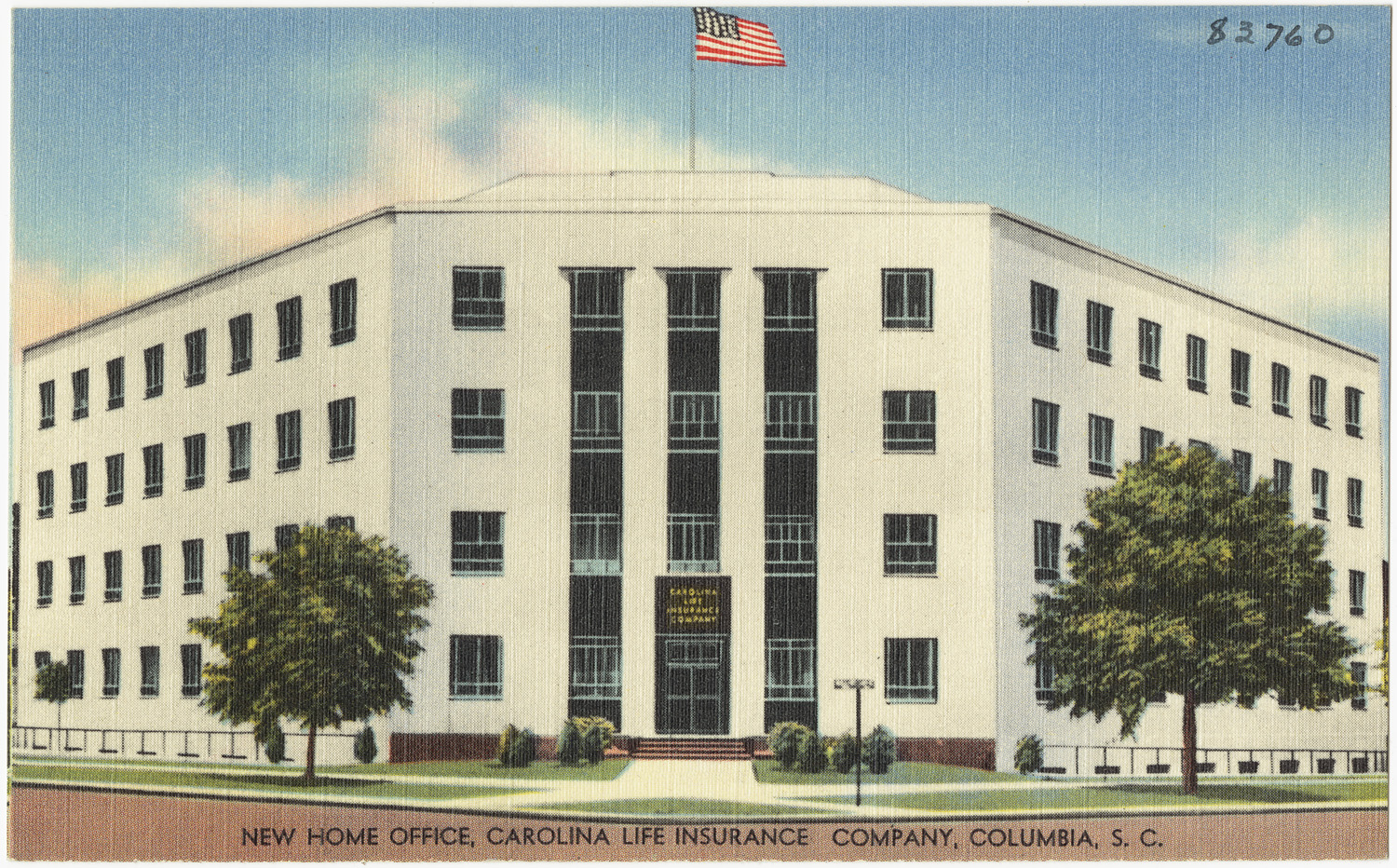Thoughts on 9/11 and its Aftermath
Picture Credit: Jackie || Though the idea for the lights bringing back the twin towers is beautiful, for me, someone who travelled to the PATH station beneath them many times, I miss the twin towers.
For those that don’t know my blog well, I described what happened to me during 9/11 in two places:
- My 9/11 Experience
- The Education of a Corporate Bond Manager, Part I (and a little bit in part VI, but that’s mostly on bond management)
There’s one small thing I left out. I was planning to go to a conference at the World Trade Center on 9/12, if things were in good enough order at my work. I had to leave it flexible, because I did not know what would come of my client meeting planned for 9/11 — the client was rarely reasonable, and I might have to jump on a bunch of projects, and not go to NYC. As it was, I never had to make that choice. The events that unfolded made it for me.
One of the things that surprised me at the time was all the people who said, “Why did they attack us? What did we ever do to them?” in the US. I remember an email that came to me saying that, and I came up with seven reasons why they would do it. Now, I don’t have that email, so I am guessing at what I said, and I may not be able to come up with all seven, but I will try to do it here.
- The US supports Israel.
- Our entertainment dominates the globe, and poisons their culture, as many in Islamic countries like the entertainment, and become lukewarm to serious Islam.
- We support “moderate” Islamic governments, which keeps serious Islamists out of power.
- We kept bases in Saudi Arabia, desecrating their Holy Land.
- The Saudi Monarchy talks a good game with respect to Islam, but they oppose radicalism, and the US supports them.
- They hate the US because it is so morally degenerate, and yet so rich, which gnaws at them because the more consistent a nation is with Islam (excluding the accident of crude oil), the poorer they tend to be.
- The US invaded Iraq for less than significant reasons in Gulf War I. The US & Israel make military and pseudo-military actions with impunity in the Middle East. Think of Reagan bombing Ghaddafi.
Okay, I got to seven, and I suspect at least six of these were in my original email. My statement to those I ran across in 2001 was that the attack was not irrational. They had genuine reasons to hate the US government.
I think we didn’t learn anything from 9/11. Or, we didn’t care that we offended them. We essentially doubled down.
- We fought Gulf War II.
- We invaded Afghanistan, a nation that is not a nation, and tried to change it, blowing a lot of money on a hopeless cause. Cultural change is almost impossible to achieve, and certainly will not happen when pushed by outsiders.
- The O-bomber used drone strikes with impunity to eliminate enemies, and occasionally innocent people by mistake. Now Biden follows in his footsteps.
- Seal team six eliminated Osama Bin Laden in Pakistan. (Do we really want a world where those who are technologically powerful can assassinate with impunity? How should we feel about Salvador Allende of Chile?)
I believe that war is legitimate if there are legitimate reasons. I believe in Just War Theory. Aside from that, I tend to be a pacifist. One of the few things I liked about Trump was that he was probably the least hawkish President that we had in a long time. I don’t think the US has had a legitimate war over the last 70 years. It is our job to defend our nation, not the world as a whole.
I think we have created more problems in the Middle East over the last 20 years, and to the degree we feel we have to continue to interfere there, those problems will increase still more. If you think of George Washington warning about “entangling alliances,” I think we have fallen into the dangers that he described. And if you think of Eisenhower warning us about the “military-industrial complex,” that has come to dominate us as well.
We may have beaten back serious Islam for a time, but it will come back. We have offended them too much. The US has to understand that the hatred that exists in the Middle East can’t be solved. Let them fight, and let us stay out of it. Protect our nation? Yes. Protect the world? No. Offensive wars are almost never just.
Part of being a strong nation is controlling that strength, and only using it in the most severe situations that affect us directly. If you waste that strength on lesser matters, you weaken you own nation, and your reputation abroad.
So no, I don’t think we did the right things as a nation post-9/11, and I haven’t even touched on the loss of freedom here. The US needs to be more humble, and not impose its will on the rest of the world.









